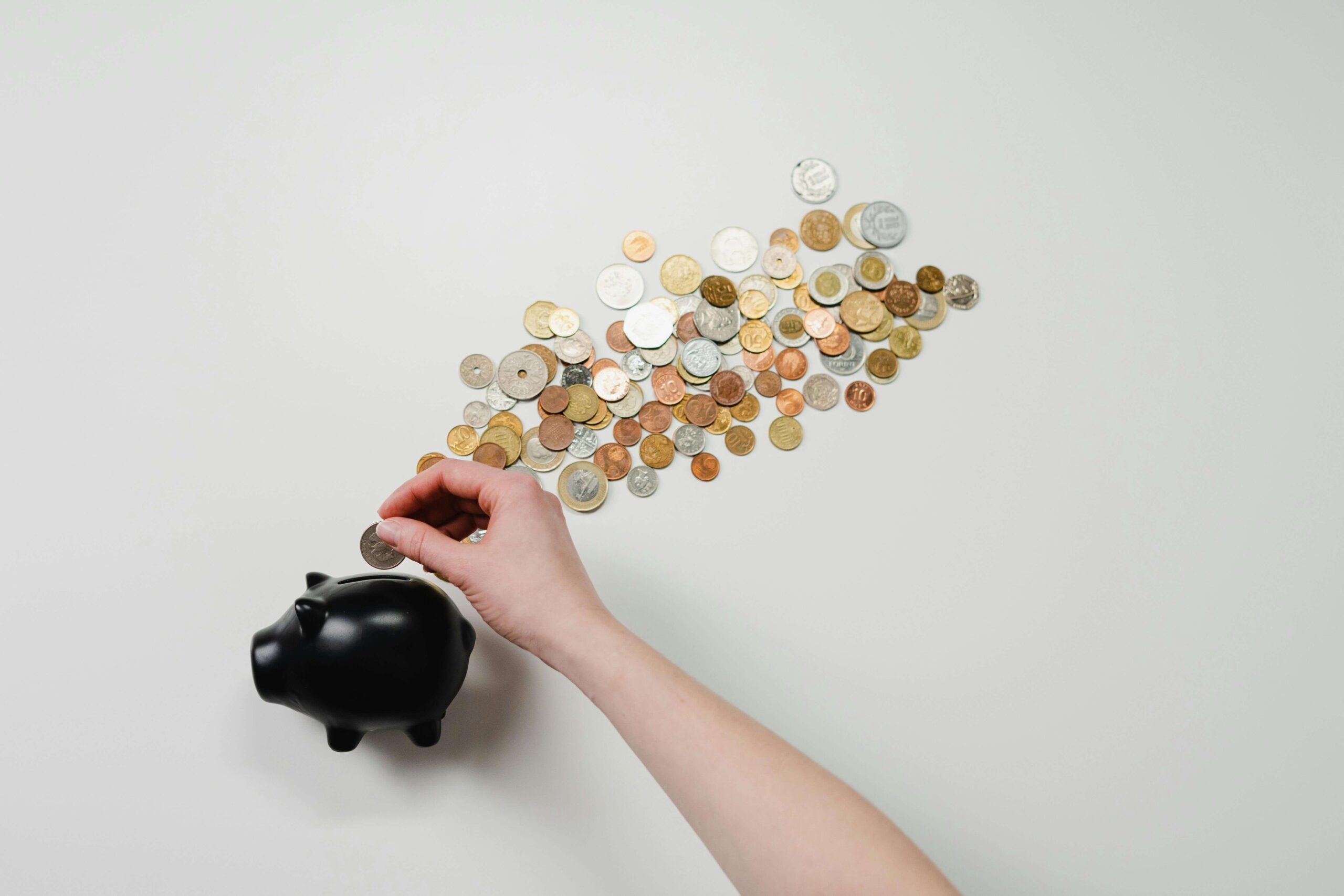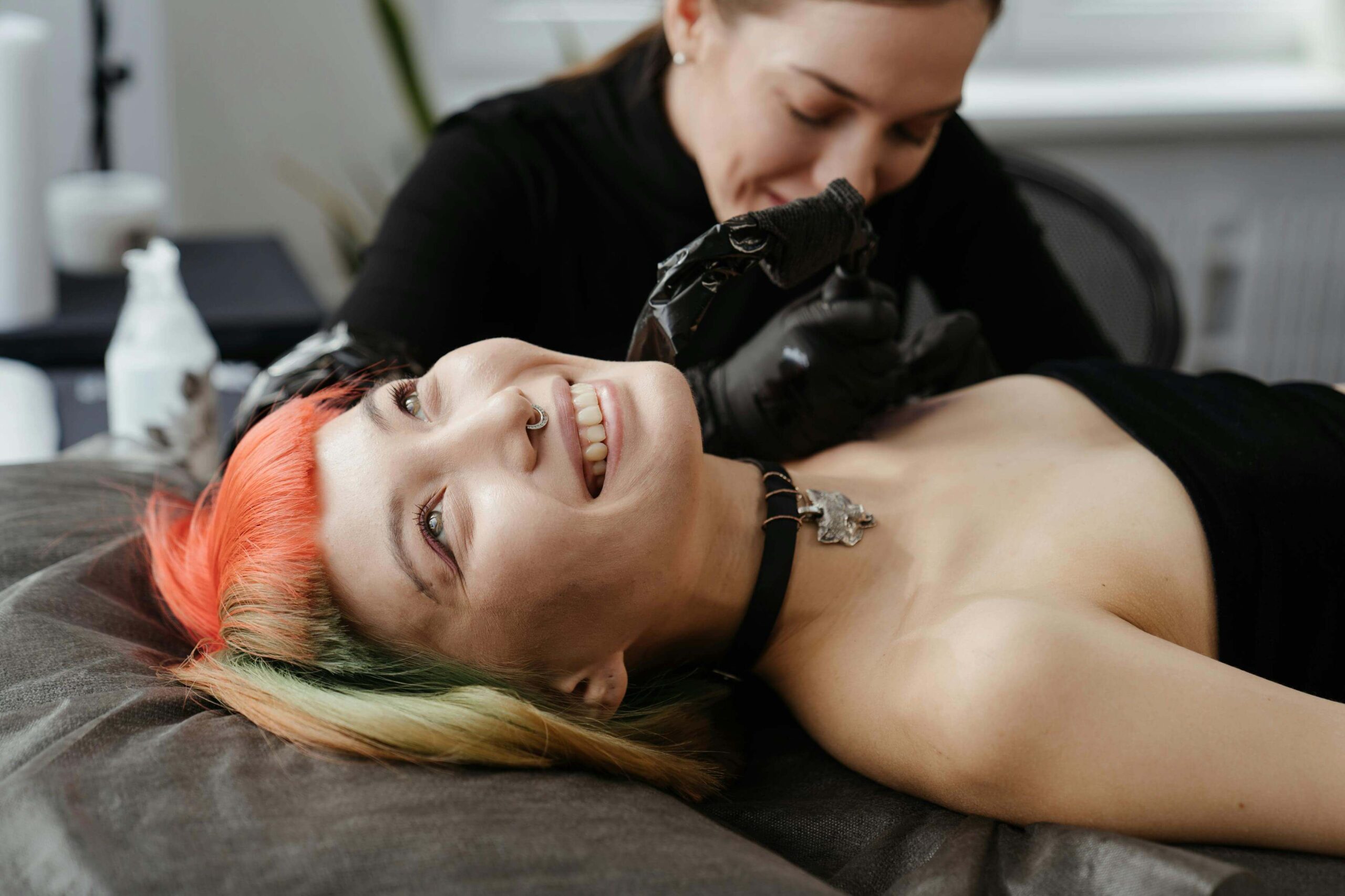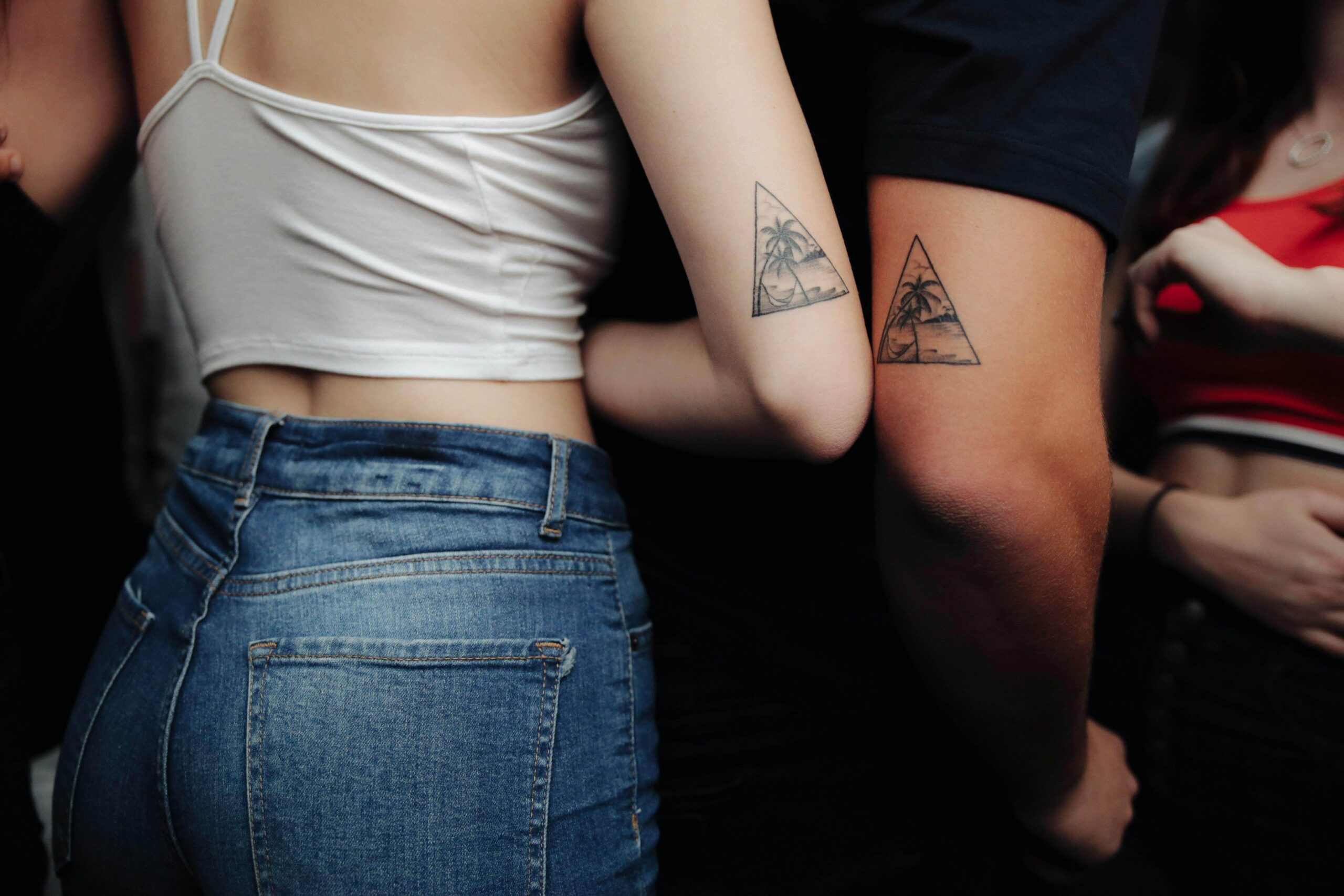Tattoos are not just works of art; they’re investments in self-expression and personal storytelling. When considering getting inked, understanding tattoo pricing is crucial for making informed decisions and ensuring a positive experience. In this blog, we’ll delve into the factors that influence tattoo pricing, provide insights into how tattoo artists determine their rates, and offer practical tips for budgeting for your ink.
Factors Influencing Tattoo Pricing: Tattoo pricing varies depending on several factors, including the size, complexity, and intricacy of the design, as well as the experience and expertise of the tattoo artist. Larger tattoos with intricate details and elaborate shading typically require more time and skill to execute, resulting in higher prices. Additionally, factors such as tattoo placement, color saturation, and the use of custom designs or specialized techniques can also impact pricing.
Understanding Hourly Rates vs. Flat Rates: Tattoo artists typically charge either hourly rates or flat rates for their services. Hourly rates are calculated based on the amount of time spent tattooing, with prices ranging from $100 to $300 or more per hour, depending on the artist’s skill level and location. Flat rates, on the other hand, are predetermined prices for specific tattoo designs or sizes, regardless of the time it takes to complete the tattoo. Flat rates are often used for smaller tattoos or standardized designs.
Researching Tattoo Artists and Studios: When budgeting for your tattoo, it’s essential to research tattoo artists and studios in your area to get an idea of pricing and quality of work. Look for reputable tattoo artists with a strong portfolio of work that aligns with your aesthetic preferences and vision for your tattoo. Consider factors such as cleanliness, professionalism, and adherence to safety protocols when choosing a tattoo studio.
Consultation and Design Fees: Some tattoo artists may charge consultation or design fees for their time and expertise in creating custom tattoo designs. These fees are typically separate from the cost of the tattoo itself and may vary depending on the artist’s policies and procedures. Be sure to inquire about any additional fees or charges during the consultation process to avoid surprises later on.
Budgeting for Your Tattoo: When budgeting for your tattoo, consider not only the upfront cost of the tattoo itself but also any additional expenses such as consultation fees, aftercare products, and potential touch-up sessions. Set a realistic budget based on your financial situation and priorities, and be prepared to invest in quality work from a reputable tattoo artist.
Negotiating Pricing and Payment Plans: While it’s essential to respect the expertise and pricing of tattoo artists, don’t hesitate to discuss pricing options or payment plans if necessary. Some tattoo artists may be willing to negotiate pricing or offer payment plans for larger tattoos or multiple sessions. Be open and transparent about your budget constraints, and communicate respectfully with your tattoo artist to find a solution that works for both parties.
Quality Over Cost: When it comes to tattoos, quality should always be prioritized over cost. While it may be tempting to opt for a cheaper option, sacrificing quality for a lower price can result in subpar results and potential regrets in the long run. Invest in a skilled and reputable tattoo artist who prioritizes safety, professionalism, and artistic integrity, even if it means paying a higher price.
Understanding tattoo pricing is essential for budgeting for your ink and ensuring a positive tattooing experience. By considering factors such as design complexity, artist experience, hourly rates vs. flat rates, consultation fees, and additional expenses, you can set a realistic budget and invest in quality work from a reputable tattoo artist. Remember that tattoos are lifelong investments in self-expression and personal storytelling, so prioritize quality over cost and choose an artist who shares your vision and values. Embrace the journey, trust the process, and let your tattoo be a reflection of your unique identity and story.




